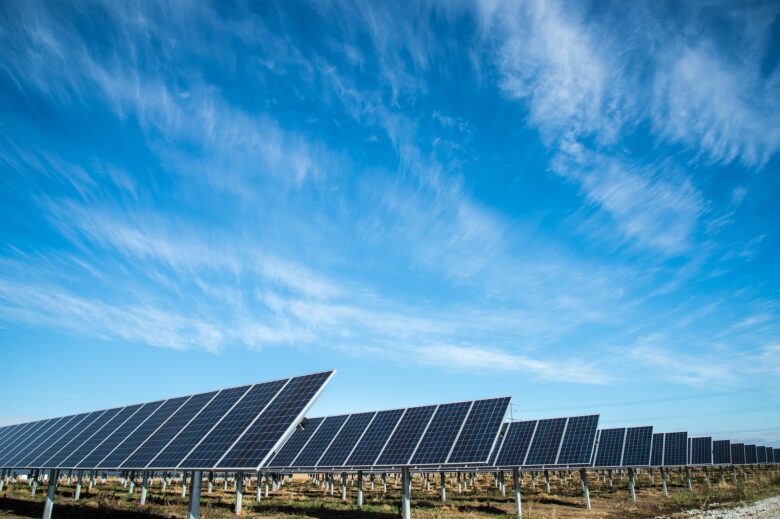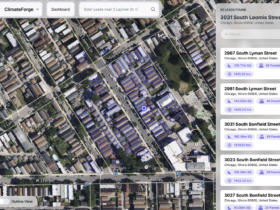In a notable move, the US has confirmed its decision to enforce import duties on solar panel producers who have been concluding product fabrication in Southeast Asian countries. This move aims to circumvent tariffs imposed on Chinese-manufactured goods. This form of tariff evasion had been gaining momentum, according to a senior official from the Commerce Department. As a result, companies that fall into these categories will experience the same duty rates already assessed on their goods made in China.
A Commerce Department investigation unveiled that wings of Chinese firms such as BYD, Trina Solar, Vina Solar, and Canadian Solar have been sidestepping US tariffs on Chinese solar cells and panels. They accomplished this by implementing minor processing to finish their products in Cambodia, Malaysia, Thailand, and Vietnam before exporting them to the US market. Interestingly, these nations account for approximately 80% of the US panel supplies.
The US has maintained anti-dumping duties on China-produced solar products for a decade, following a Commerce Department investigation that found Chinese companies were benefiting from unfair governmental subsidies, leading to artificially low product prices. However, other companies operating within these countries may pursue a certification procedure to demonstrate they are not eluding tariffs. To attain this certification, solar cells and panels must include non-Chinese wafers and three other crucial elements.
Notably, the new duties won’t take effect until June 2024, owing to a two-year waiver from President Joe Biden – A strategic move to ensure an abundant panel supply while domestic production gears up. This decision supports the small US solar manufacturing industry, which for years has grappled with competing against Chinese goods and is now relishing renewed investments due to subsidies from President Joe Biden’s hallmark climate-change law.
In contrast, those opposing the ruling invariably include buyers favoring inexpensive foreign-made solar panels to make their ventures competitive. Trina Solar, which claims to have invested millions in cell and module production in Thailand and Vietnam, publicly criticized the Commerce decision, arguing that it will “increase overall costs of virtually all U.S bound solar products” due to the constraints in supplies during a period of skyrocketing demand for solar.
Furthermore, the Solar Energy Industries Association (SEIA) believes the Commerce decision could undermine the significant boom in solar manufacturing ignited by the Biden administration’s Inflation Reduction Act. SEIA’s president, Abigail Ross Hopper, expressed fundamental disagreement with the decision, labeling the Department of Commerce as being out of sync with the administration’s clean energy aspirations.
Additionally, the agency intends to impose duties on New East Solar due to its non-cooperation with an on-site audit of its operations in Cambodia.
In sum, the imposition of import duties on the Southeast Asian solar panel market is a strategic move by the US to counter tariff evasion. The decision, however, has sparked mixed industry reactions, highlighting its potential impact on the balance of solar power demands, costs, and sustainability.












